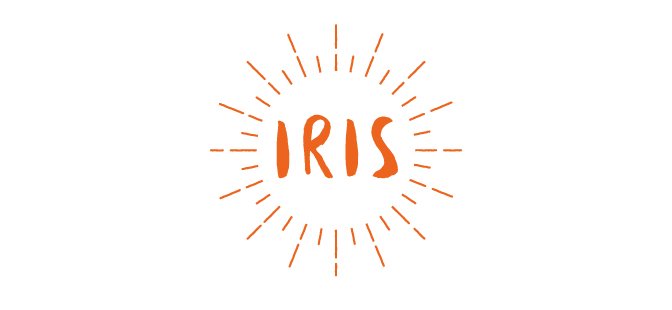
IRIS - Introducing Reverse Innovation Model to HEI in Tanzania
The approach behind the project IRIS is Reverse innovation which refers to the idea that in developed countries everyday life could be supported by the simple and low price innovations which can benefit communities in a large scale. In the context of higher education institution and learning the idea of reverse innovation is able to connect to the needs arising from local communities, working life and entrepreneurs. Collaboration between HEI and community operators is based on active communication as dialogue increases mutual understanding and confidential relationships. The objective of concrete collaboration between HEI and community is in active cooperational learning which benefits all partners. For HEI learning outcomes is essential so that graduates have competence, concrete experience and networks which support the start of their career. Local communities, on the other hand, have needs but no resources, tools, capability or access to information to seek sustainable solutions for their problems.
The activities include teaching staff and training their competence to apply active, cooperational and innovative pedagogy in practice. The other activities include mapping local micro-entrepreneurs, workshops, cooperative planning and working, careful evaluation of feedback and sensitive attitude to promote engaging of micro-entrepreneurs.
The project IRIS highly improves access to official information by implementing information specialists to the project which is done through mapping, benchmarking, service design workshops, evaluation and especial, involving library professionals to concrete developing and active communication among HEI and community members.